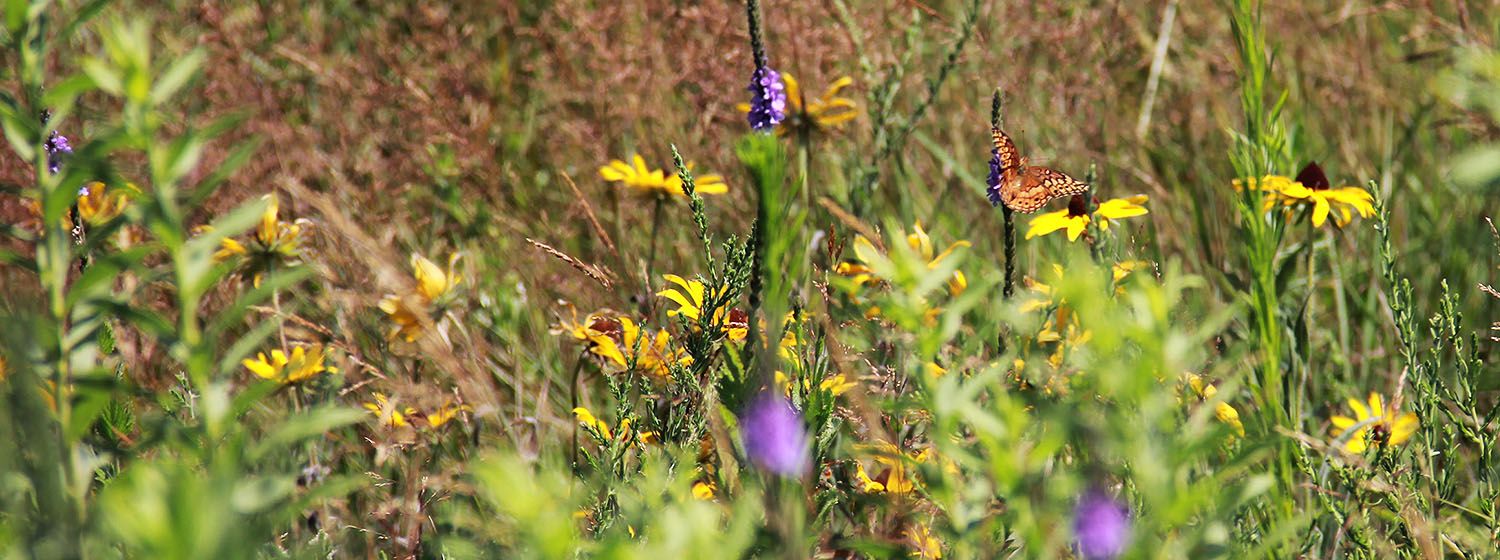
On February 7th we spent the afternoon discussing the Crane Trust mission of protecting and restoring migratory bird habitat to Grand Island Senior High School (GISH) students. Students learned how research, land management, and cooperative partnerships are used to accomplish our mission. The class was an Agri-business course at GISH and was compiled with about 25 students from diverse backgrounds interested in farming, medicine, and biology. Students were given examples of what a wildlife biology career might entail and the value of providing habitat heterogeneity to supporting wildlife biodiversity. The presentation covered different habitat types in Nebraska and outlined how Crane Trust management practices mimic historic disturbances that maintained riparian grassland habitat. An overview of ecological monitoring (including vegetation, avian, small mammals, etc.) was discussed to portray how diverse the biology field can be. Several students had shown interest in a biology related field prior to the presentation, but few understood what a biologist does day to day.
The importance of youth outreach to conservation can be seen through the thank you notes and comments Jenna and Josh received. Students gained new appreciation for native Nebraska wildlife. For example:
Tyson wrote: “Thank you for coming and talking to us about what you guys do. It was very interesting. I learned about some species of animals I didn’t know we even had in Nebraska.”
Kaden wrote: “I want to be a wildlife biologist (or something similar). Your presentation helped me understand my future. I would love to have an opportunity to explore more of what the center [Crane Trust] has to offer.”
Lynda wrote: “I originally had my mind set on being a veterinarian, but you guys changed my mind. Now I want to travel and see and meet a whole bunch of different animals… to learn more about the life of animals.”
Ashley wrote: “I found it interesting about the otters… and the different types of processes that you guys do to preserve native species.”

